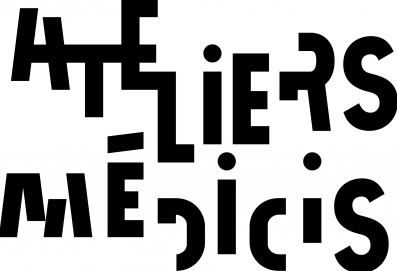My research in New York is crucial for my project on the history of double dutch due to the city’s unique cultural and political dynamics. New York, the birthplace of double dutch, has seen this practice become rooted in American urban history, particularly within African American communities. The Fantastic Four Double Dutch began their journey here before becoming global pioneers.
New York is a cultural mosaic where various artistic and musical influences converge. This diversity has fostered the emergence of innovative cultural movements such as double dutch. I aim to explore its development in this context and its interactions with other urban cultural forms like hip-hop.
The resilience and creativity of marginalized communities in New York have made double dutch a means of expression and community cohesion, especially in underprivileged neighborhoods. I aspire to understand its impact on social realities of the past and present. Urban policies, particularly in education and recreation, have significantly affected double dutch. I will analyze how these policies have shaped the discipline, either promoting or hindering its development. I will meet with members of the Fantastic Four Double Dutch, historians, coaches, and young double dutch practitioners to document its evolution. Key locations include the legendary Apollo Theater, the neighborhoods of Harlem and the Bronx, the archives of the New York Public Library, and institutions like the American Double Dutch League. My research aims to provide an in-depth and nuanced perspective on the history and cultural impact of double dutch.




